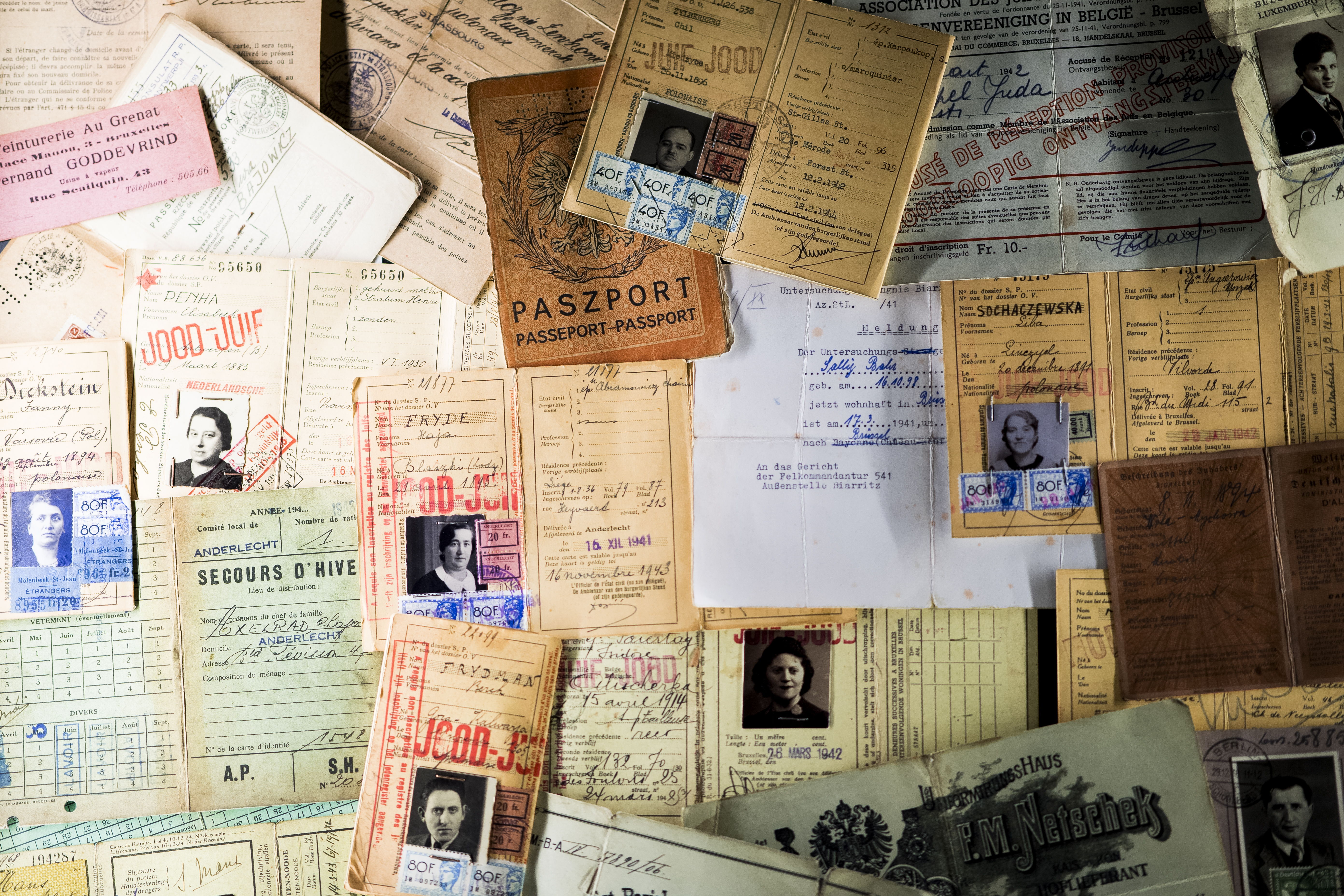Belgian railways made millions from wartime deportations, report reveals

The National Railway Company of Belgium (NMBS/SNCB) "almost certainly" received German payments for the deportation of Jews, Roma, political prisoners and forced labourers during the Second World War, according to a new report.
Between 1942 and 1944, the NMBS/SNCB deported more than 25,500 Jews and Roma to the East. In early 2022, Belgium's mobility minister, Georges Gilkinet, and Senate president, Stéphanie D'Hose, ordered an independent inquiry into the railway company's role in wartime deportations.
The comprehensive report was presented to the Senate on Friday. During the German occupation, the railway company received more than 50 million Belgian francs from Germany, the report shows.
Little protest from staff
Research by the Study and Documentation Centre for War and Contemporary Society (CegeSoma) in the archives of the NMBS/SNCB has uncovered payments made by the German Mitteleuropäische Reiseburo (MER) to the Belgian railways.
"There is actually no doubt that these payments were used, among other things, to pay for the deportation trains," said Nico Wouters, head of Cegesoma.
Most of the deportations took place on Sonderzüge, or special trains, which ran independently of the regular timetable. Belgian drivers, stokers and conductors carried out the deportations under strict German armed control. The report states that there was no formal decision-making within NMBS/SNCB regarding the deportation trains.
The study also concludes that, in the sources analysed, there was little protest from staff against the transports. German instructions stipulated that only "absolutely reliable" Belgian personnel should be used for deportations.
Tacit consent under pressure
It has long been known that the NMBS/SNCB deported people during the Second World War, but the study now definitively confirms this fact. The military service was the result of tacit consent under German pressure and control, according to the report.
In June 1940, a month after the German invasion of Belgium, the railway's board of directors decided to reopen and cooperate with the occupying forces. This decision was inevitable in view of Belgian supplies, said Wouters. The board itself felt that the company was in a "de facto impossibility of refusal".
The report notes that the Belgian railways soon began to carry military goods for the occupying forces. This situation arose from practice and gradually increased. "When the management found out about this at the end of 1940, the beginning of 1941, it was a fait accompli that the management tacitly accepted," said Wouters.
No political, legal or moral judgement
The practice soon escalated and normalised. By June 1941, for example, German equipment was being repaired in Belgian workshops. The company considered military service to the occupying forces as a necessary price for maintaining control over Belgian transport and food supplies, according to the report.
"For the NMBS/SNCB, the deportation trains were only a small part of the much wider military services," said Wouters. "When deportation trains were introduced in 1941 and escalated in 1942, this was not even noted as a new feature: it was simply the continuation of what had long been accepted."
Although the possibility of reparations was mentioned at the outset, the mandate for the study was exclusively historical. For this reason, the report's conclusion emphasises that the concept of responsibility should only be seen in a historical context and does not imply any political, legal or moral judgement.
As recently as 2021, the Dutch railway company Nederlandse Spoorwegen paid out a total of 43 million euros in compensation to nearly 5,500 victims or relatives of people who were deported during the Second World War.
Detail of the memorial exhibition at the Dossin barracks in Mechelen, Belgium © BELGA PHOTO JASPER JACOBS